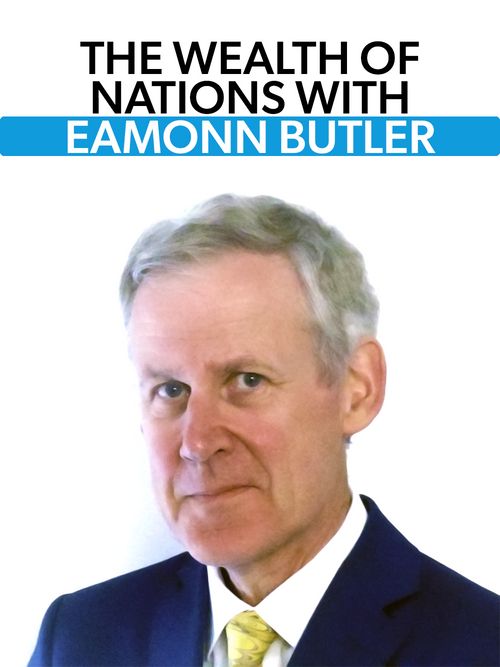Eamonn Butler on The Wealth of Nations
Aug 12, 2022 · 2 mins read
0
Share

Eamonn Butler founded The Adam Smith Institute in London - a neoliberal thinktank and lobbying group who advocate for free market policies through publications, promoting Tax Freedom Day and hosting events. Butler shared about The Wealth of Nations on the Book Insights podcast.
Save
Share
The Wealth of Nations was revolutionary because it was a great systematization of economics that was based on models seen everywhere from China to Chile. He weaved the various systems together into what has become today's modern economics.
Save
Share
The book was not written as an academic book. It was a rant against mercantilism which was the practice of raising tariffs to stop neighboring countries from importing goods, and government subsidizing industries to maximize exports. Smith called this unproductive nonsense.
Save
Share
Smith believed free trade was a critical component of a thriving economy and should not be interfered with by governments. All parties benefit from trade, not just the one who ends up with the cash or gold. This was a revolutionary idea at the time.
Save
Share
The first 3 sentences of the book set the framework for major concepts that still exist today- gross national product, GDP per capita and productivity. The entire work is full of similar examples of ideas that have stood the test of time for over 200 years.
Save
Share
Smith advocated for Britain withdrawing from the United States, as he saw Americans being treated harshly, over-regulated, grossly over-taxed and allowed only to trade with Britain - which he said was wicked and counterproductive. He saw it as reducing prosperity on all sides.
Save
Share
There were a few areas which Smith advocated for government regulation and influence. Namely - bank regulations, infrastructure (roads, ports, etc.) and homeland security.
Save
Share
A crucial part of economics in 1776, as well as today, is the concept of self-interest. People doing what is best for their own needs is a major driver of free-market capitalism. As long as it is distinct from greed, it can be part of the common good.
Save
Share
"The Wealth of Nations should be remembered alongside the work of Newton, Marx and all the greatworks of his time. It's one of the greatest books that humanity has produced." - Eamonn Butler
Save
Share
Smith's works aren't solely about capitalism, they're about how to better everyone - particularly those who cannot provide for themselves. He's a moral philosopher and his humanity is seen throughout The Wealth of Nations.
Save
Share
0




